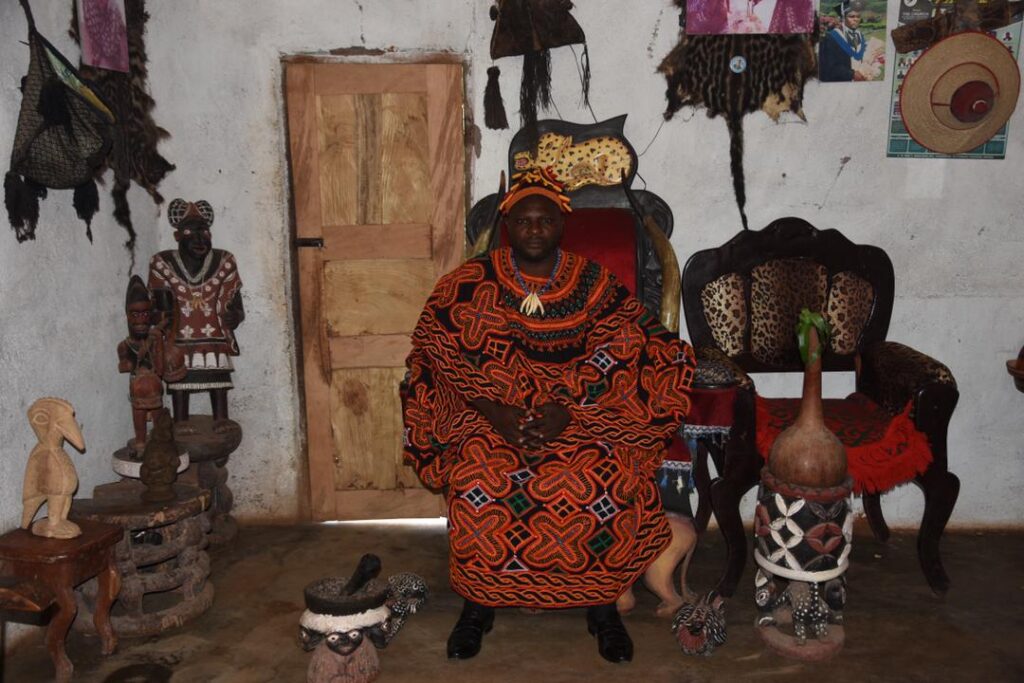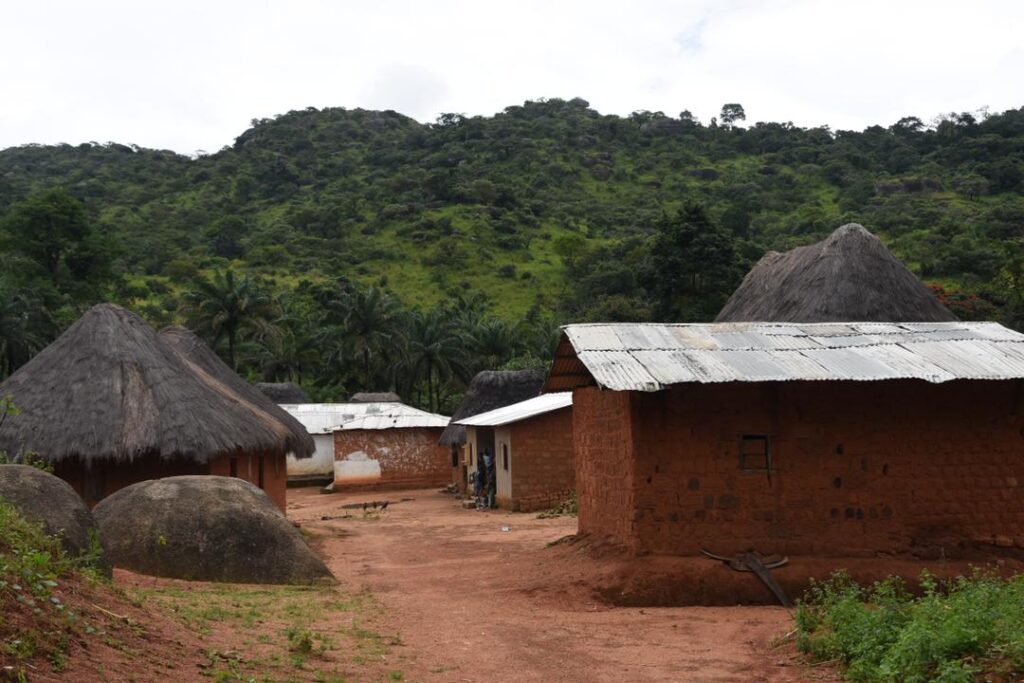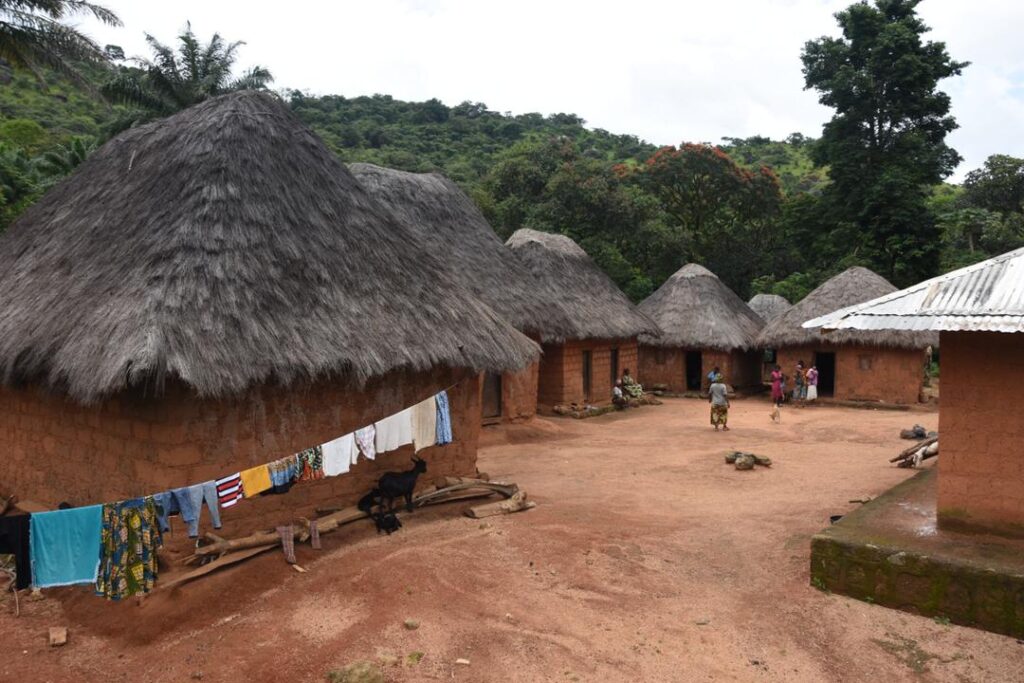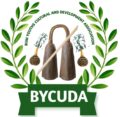
Mbuk Fondom
Brief History
Th Mbuk people are of Tikar descent. They were among the initial Fondoms that contributed to the formation of Bum before the arrival of the Alung people, who eventually assumed leadership over Bum. Nfuantaka led these settlers, who initially established themselves at Nfanbebwu in Songka. Over time, their population grew, and they developed friendly relations with Muslim horsemen who frequented the area to trade commodities. These Muslims, known as the Kpulu, formed a close bond with the Mbuk people, to the extent that they made a solemn oath never to harm each other. However, tensions arose when a dispute with a person of the Faat ethnic group led to plans for an attack on Mbuk.
The KPULU War ensued, during which the Kpulu captured Mbuk, taking many individuals as captives. Some Mbuk residents managed to escape to neighboring villages. Eventually, Lenghacha, the son of Chotu who had sought refuge in Fang, returned to assess the situation. Discovering that Nchuasi was still captive, he embarked on a mission to rescue him. Alongside Samban, Misom, and Jangka, who also fled, they returned to Mbuk, where they began anew with their wives, marking the dawn of a new era.
Regarding leadership, Mbah was the first Fon, crowned in 1886. Following his reign, Langnji, the son of Lenghacha, assumed leadership after Fon Mbah passed away without an heir. Subsequently, Fon Langnji’s reign ended, and Kofua was enthroned. Fon Kofua’s reign ended around 1956, the throne remained until 1968, when Wango Solomon assumed the throne and later disappeared in 2018. His Son, Fen Wango Genesis Labaku took over in 2018 till date.
Traditional Institutions:
-
- Kwifon: The Kwifon holds the highest authority among traditional institutions, with the Fon serving as its head, albeit subordinate to the Kwifon. Other members include the Njis, compound heads, Sheys, and Tantohs.
-
- Nchu Assembly: Membership in the Nchu Assembly is determined by succession, with the Fon serving as a member. This institution is tasked with safeguarding the land against malevolent forces.
-
- Ngeni: Membership in the Ngeni is also determined by succession and is endorsed by the annual Kimfili dance, which is believed to ensure a bountiful harvest.
-
- Nchong: The Nchong is a sacred dance exclusively for men, with membership granted through initiation after fulfilling specific requirements. While women may participate in dancing and singing, they are not permitted to witness the sacred instrument.
-
- Kiko: Membership in the Kiko society is granted to men after they have produced a male and female child. This institution holds the highest status among juju societies.
-
- Njuku: This dance is reserved for the daughters of Mbuk, particularly the elderly members of the community.
-
- Kinfili: Renowned as the premier dance in the fondom, Kinfili is an annual event. While attendance is typically by invitation from the administrative body, the captivating performance of Kinfili adds grandeur to special occasions. The dance is performed for two consecutive days.
Source: Fonfuka CDP, 2011. Touristic Potentials Mbuk has a good number of touristic potentials.
- Kinfili: Renowned as the premier dance in the fondom, Kinfili is an annual event. While attendance is typically by invitation from the administrative body, the captivating performance of Kinfili adds grandeur to special occasions. The dance is performed for two consecutive days.
-
- The stone bridge over River Kimbi, found between Mbuk and Faat.
-
- The Nsheh. This is a rock where the Mbuk people believe that whenevrr
someone is to die, there will be serious singing and drumming around the area.
- The Nsheh. This is a rock where the Mbuk people believe that whenevrr
-
- Iyana. This is a confluence where all debris in River Kimbi are desposited.
-
- Fanbebu. The first settlement site of the Mbuk people.
-
- Kinfili dance, artifacts, etc.


